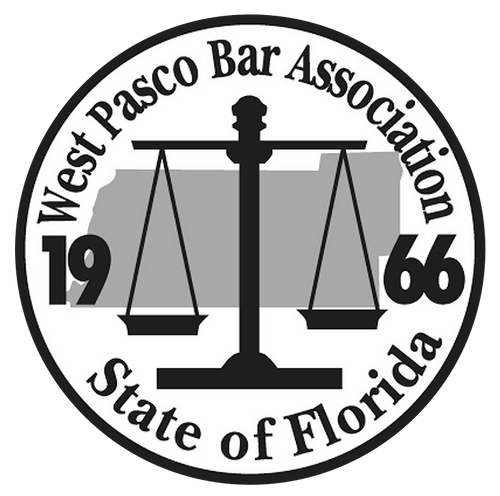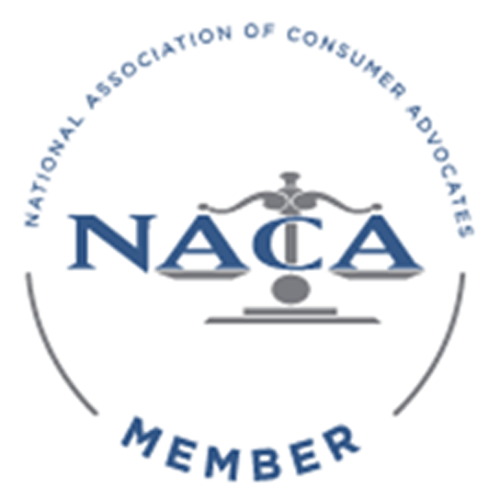What to Do if You’ve Just Received a Foreclosure Notice
Receiving a foreclosure notice can be one of the most stressful moments in a homeowner’s life. Whether the notice came unexpectedly or after months of financial difficulty, it’s important to know that you still have options. Acting quickly and making informed decisions can help you protect your rights, your credit, and possibly even your home.
At Lyons Law Group, we’ve helped countless Florida homeowners navigate this difficult situation. If you’ve just received a foreclosure notice, here’s what you should do next.
1. Don’t Ignore the Notice
The worst thing you can do is push the notice aside and hope it goes away. Foreclosure is a legal process with strict timelines, and missing deadlines can severely limit your ability to fight it. Even if you believe the foreclosure is a mistake, you must take action right away to preserve your rights.
2. Review the Details Carefully
Read the notice thoroughly. It should include:
- The name of the lender or servicer initiating foreclosure
- The amount allegedly owed
- The deadline to respond or take action
- Information about any scheduled hearings or sale dates
Make sure all information is accurate. Errors in loan balances, dates, or ownership can be significant in building a legal defense.
3. Contact a Foreclosure Defense Attorney Immediately
Time is critical in foreclosure cases. By speaking with an experienced foreclosure defense lawyer, like those at Lyons Law Group, you can learn about your options, possible defenses, and the best strategy for your situation. An attorney can also ensure that your response is filed properly and on time, which can help delay proceedings while you explore solutions.
4. Understand Your Legal Rights
Florida law gives homeowners specific protections during foreclosure. For example, you have the right to:
- Receive proper notice before foreclosure begins
- Challenge the lender’s standing to foreclose
- Request proof of the loan’s ownership and accounting records
- Seek loss mitigation options such as loan modification or repayment plans
Knowing your rights empowers you to make better decisions and prevents lenders from taking advantage of you.
5. Gather All Relevant Documents
Collect your mortgage statements, payment history, correspondence with the lender, and any previous loan modification agreements. Your attorney will need these documents to assess your case and identify possible defenses.
6. Explore Alternatives to Foreclosure
Even if you’ve fallen behind on payments, foreclosure isn’t always inevitable. Possible alternatives include:
- Loan modification – Renegotiating your loan terms to make payments more affordable.
- Repayment plan – Catching up on missed payments over time.
- Short sale – Selling the home for less than you owe with the lender’s approval.
- Deed in lieu of foreclosure – Voluntarily transferring ownership to avoid a foreclosure judgment.
A skilled attorney can negotiate with your lender to pursue one of these options, which may help you avoid losing your home or damaging your credit further.
7. Avoid Scams
Unfortunately, foreclosure situations attract fraudulent “rescue” companies that promise quick fixes in exchange for upfront fees. Always verify that any professional you work with is legitimate and licensed. Trusting the wrong person can cost you both money and valuable time.
8. Take Steps to Protect Your Credit
Foreclosure will negatively affect your credit, but acting quickly can help minimize the damage. Working out a resolution before the foreclosure is finalized can reduce the long-term impact on your financial future.
Facing Foreclosure? We’re Here to Help
If you’ve received a foreclosure notice, you don’t have to face it alone. Lyons Law Group has the knowledge, experience, and determination to help you protect your rights and explore every possible option to save your home.
If you need a foreclosure defense attorney in Hernando or Pasco County, contact us today to schedule a consultation and take the first step toward regaining control of your financial future.





